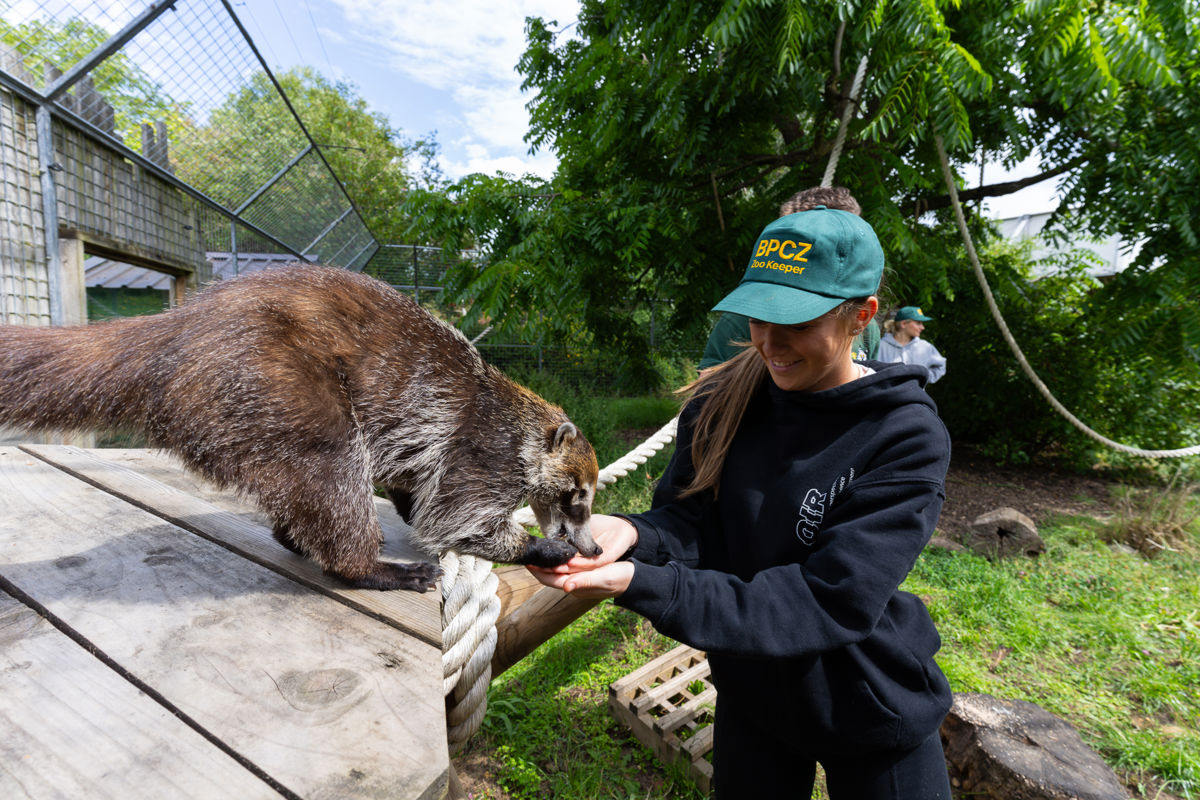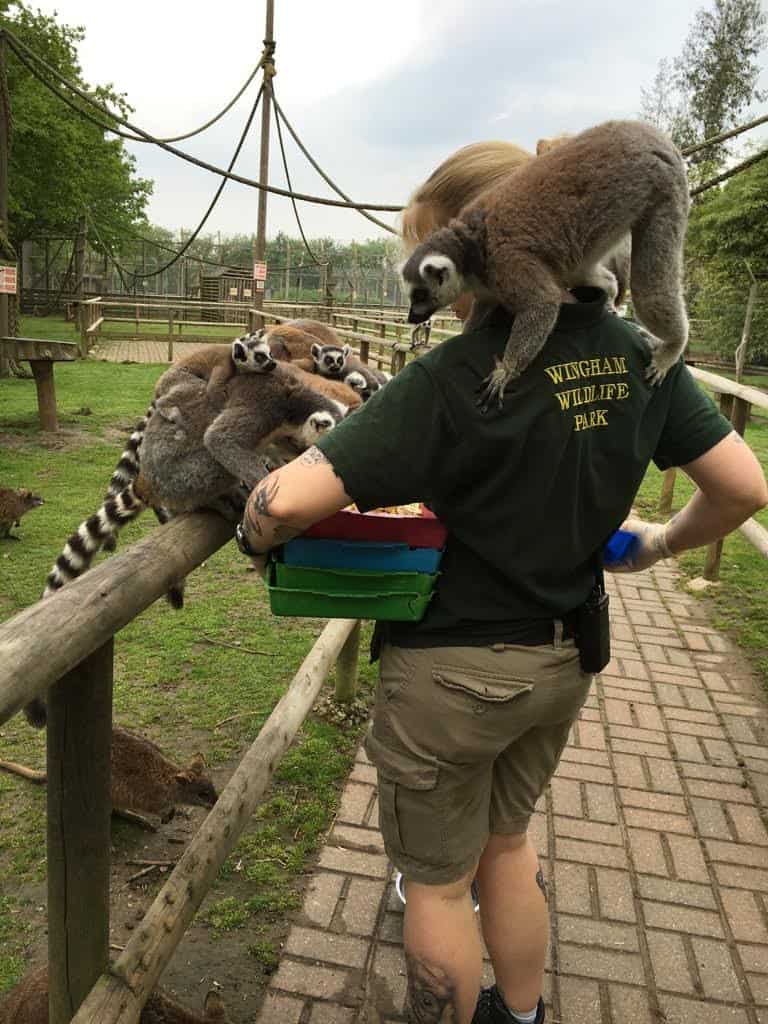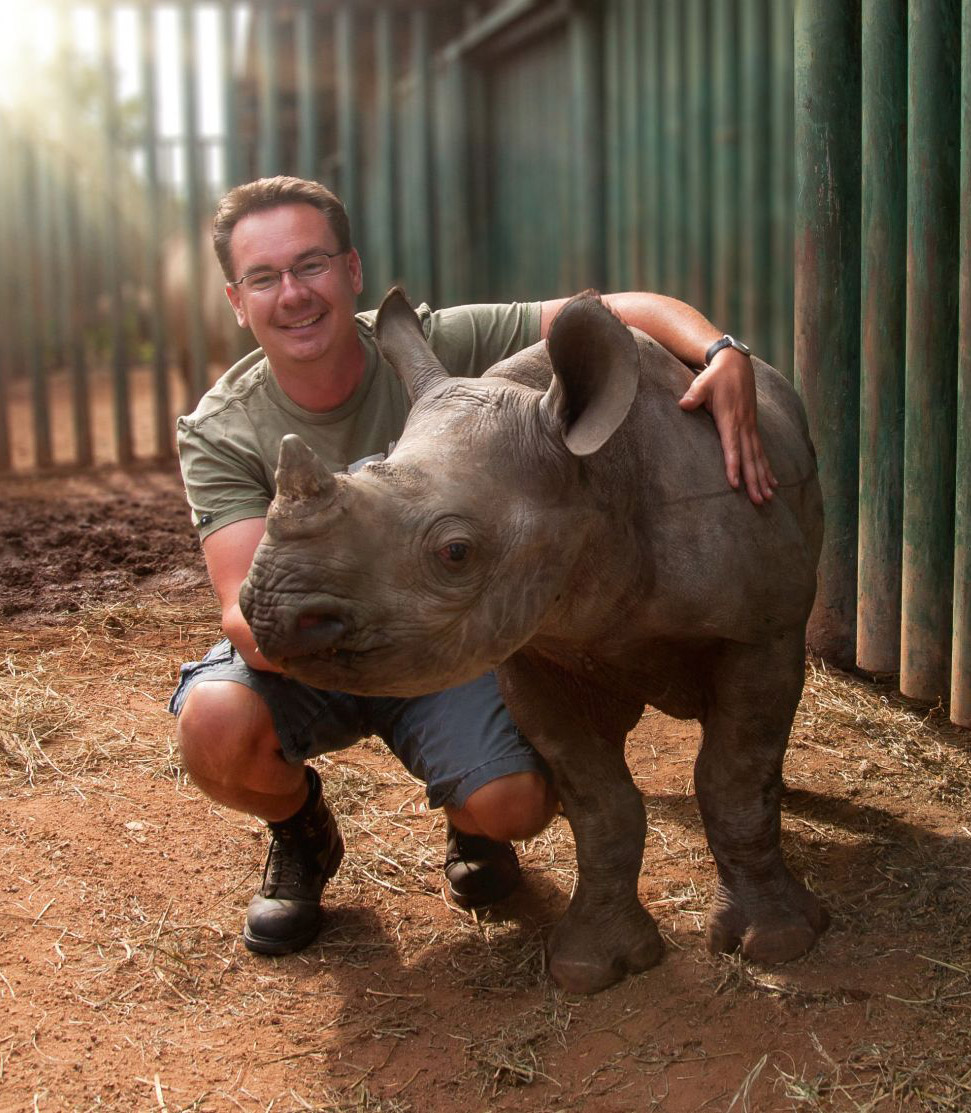How To Become A Zoo Keeper?
페이지 정보

본문
"The success of a nation and its ethical progress can be judged by the way its animals are treated." - Mahatma Gandhi

Do you enjoy animals and imagine working in a zoo? Zoo keepers are type in securing wildlife and caring for animals. At places like the Zoological Society of London (ZSL), over 20,000 animals get the care they need from experts.

To become a zoo keeper, you require hard work, education, and a love for animals. This task is exciting, letting you deal with lots of types and help with important preservation work. If you're into wildlife or animal welfare, zookeeping might be ideal for you.
Starting your zoo keeper career means discovering what's required. This guide will cover education, experience, and more. It's all you need to understand to start a satisfying zookeeping career.
Understanding the Role of a Zookeeper
Exploring what a zookeeper does exposes a role full of difficulties and benefits. They concentrate on animal welfare and conservation. Zookeepers strive to keep animals healthy and happy in their care.
Daily Responsibilities and Tasks
A zookeeper's day is filled with important tasks:
- Preparing meals that meet each animal's nutritional requirements
- Cleaning up enclosures to keep them tidy and safe
- Watching over animal health and behaviour
- Giving medications and treatments as required
- Developing activities to keep animals mentally sharp
Working Environment and Conditions
Zookeepers work outside in all type of weather condition. They handle both indoor and outside spaces. The job requires being fit and able to handle the demands of looking after animals.
"Being a zookeeper is more than a job - it's an enthusiastic commitment to animal care and preservation."
Types of Animals and Specialisations
Zookeepers can specialise in lots of animal groups:
- Primates
- Big cats
- Marine mammals
- Reptiles
- Birds
Your role may include dealing with 2-5 various animal species. This needs a lot of understanding and the capability to adapt.
Necessary Skills and Personal Qualities for Zoo Keeping
To be a leading zookeeper, you require more than just a love for animals. Your task will be difficult and require you to handle animals and people well. You'll likewise need to understand animal behaviour.
What zoos look for in individuals consists of:
- Exceptional perseverance and emotional resilience
- Strong fitness and stamina
- Eager observation abilities
- Capability to stay calm under pressure
- High level of empathy towards animals
Getting hands-on experience is essential to mastering this role. You'll need to show:
- Advanced understanding of animal care methods
- Proficiency in animal handling and security protocols
- Effective interaction with both animals and human visitors
"A terrific zookeeper links science, compassion, and conservation in every interaction with animals."
You must learn about animal nutrition, behaviour, and standard veterinarian care. Many zookeepers learn through training, volunteering, and ongoing learning.
Zookeeper work is not just a job. It's a huge commitment to teaching about wildlife and helping preservation. Your enthusiasm and hard work will make you stand out in this fulfilling profession.
How to Become a Zoo Keeper
Starting a profession as a zookeeper needs cautious preparation and education. You need to first comprehend the academic needs and training paths. These will turn your love for animals into a task.
Educational Requirements
To be a great zookeeper, you need a strong academic base. Many tasks look for certain certifications:
- At least 5 GCSEs at grade 4 or above, consisting of English, maths, and science
- A levels or higher education certifications
- A college degree in biology or animal science
- Level 3 Diploma in Animal Management
Essential Certifications
Getting special accreditations can really assist you in your zookeeper profession. Important ones consist of:
- Diploma in Management of Zoo and Aquarium Animals (DMZAA)
- Zookeeping Level 3 Diploma (RQF)
- Animal handling certificates
- First aid credentials
Training Programs and Apprenticeships
Getting hands-on experience is type in zookeeper training. Numerous locations provide excellent chances:
- Unpaid apprenticeships at wildlife parks
- Internship programs at popular zoos
- Practical training at locations like Colchester Zoo and Dartmoor Zoo
- Offering to acquire real-world skills
Pro idea: Create an in-depth portfolio to show your animal care abilities. It will help you in job applications.
Building Relevant Experience in Animal Care
Getting hands-on experience is crucial for those wanting to be zookeepers. The job is very competitive. So, it's important to start developing a strong base in animal care.
Your journey begins with discovering ways to work directly with animals. This is a tactical action.
"Experience is the best teacher in animal care" - Wildlife Conservation Experts
Here are effective methods to acquire experience working with animals:
- Volunteer at regional animal shelters to develop basic animal dealing with abilities
- Seek internships at wildlife rehabilitation centres
- Explore part-time positions at veterinary clinics
- Contact your local zoo for possible volunteer chances
Volunteering is an excellent method to learn more about animal behaviour and care. Many zoos and animal shelters are looking for people who want to discover. These places offer terrific opportunities to get hands-on experience and show your commitment to animal welfare.
Here are some tips to maximize your experience:
- Keep a record of your skills and interactions
- Connect with experts in animal care
- Ask for recommendations and recommendation letters
- Stay persistent and show your true enthusiasm
Remember, useful experience makes you stand out in the zookeeping world. Every time you deal with animals, you find out more. This increases your opportunities of getting a job in animal care.
Career Pathways and Professional Development
Beginning a profession as a zookeeper is exciting. It provides numerous chances to grow and specialise. Your journey starts with understanding the different courses in this field.
Entry-Level Positions
Entry-level tasks in zookeeping are a great start. They offer you hands-on experience. Zoos search for candidates with:
- Level 2 Diploma in Animal Care (minimum certification)
- GCSEs in English and a clinical subject
- Volunteer experience at animal shelters or farms
Profession Progression Opportunities
As you gain experience, your profession can grow. You can move up to:
- Junior Keeper
- Senior Keeper
- Group Leader
- Professional Roles
"Continuous knowing and useful experience are essential to advancing in your zookeeping career."
Specialised Roles
You can likewise select special areas like:
- Conservation breeding programs
- Animal training
- Wildlife research
- Educational outreach
About 25% of zookeepers get advanced degrees in zoology or animal preservation. Getting Level 4 qualifications can increase your chances for senior roles and research.
Working Hours and Physical Demands
Ending up being a zookeeper suggests you'll work more than simply routine hours. You'll deal with difficult physical difficulties and require to be flexible, including weekends and holidays. Zoos are open every day, so you'll typically work when others relax.
"Zoo keeping is not a common 9-to-5 task-- it's a lifestyle of dedicated animal care and dedication."
This job is physically demanding. You'll work outside in any weather condition, raising heavy items over 50 pounds. Your tasks might include:
- Early morning feeding schedules
- Cleaning animal enclosures
- Preparing specialised diet plans
- Carrying out medical examination
- Preserving complicated environments
Shifts can start as early as 5 AM and go late into the night. You'll be on your feet the majority of the time, moving between animal zones. Weekends and holidays are part of the task, needing great deals of endurance and dedication.
In spite of the challenges, this job has excellent rewards. You'll grow strong, both physically and mentally. You'll likewise make fantastic connections with extraordinary animals.
Health and Safety Considerations
Being a zookeeper includes its own set of obstacles. It's important to know how to keep both animals and personnel safe. This implies following rigorous health and safety guidelines.
Zookeepers deal with a distinct environment where security is key. Research studies show that health and safety are now as crucial as the zoo's primary work.
Risk Management Strategies
There are several methods to handle threats in zoos:
- Daily checks of animal enclosures for risks
- Counting animals at the start and end of shifts
- Watching how visitors act near animals
- Being ready for emergency situations
Animal Handling Safety Protocols
Knowing which animals are most harmful is vital. Huge animals like rhinos can be extremely risky. There have actually been cases where zookeepers got seriously injured.
Safety isn't just about using equipment - it's about understanding animal behaviour and staying alert.
Personal Protective Equipment
Zookeepers require to wear the best gear, consisting of:
- Special gloves for managing animals
- for grip and security
- Clothes that secures versus bacteria
Getting vaccinated against diseases like liver disease B and rabies is likewise key. It assists keep zookeepers healthy in their tough job.
Income Expectations and Job Market
Thinking of a profession in zoo keeping? It's important to understand about incomes and the job market. The field is growing, with more chances in the UK.
Let's look at what zoo keepers can earn at various phases:
- Entry-level zookeepers begin at about ₤ 14,000 a year
- Certified ones make in between ₤ 16,000 and ₤ 22,000
- Senior zookeepers can earn up to ₤ 30,000 or more
The job outlook for zoo keepers is great. The sector is expected to grow by 5% in the UK by 2029. This implies around 3,910 new jobs will be offered.
"The Association of Zoos and Aquariums supports professional development for zoo keepers," a report says.
Wages differ based upon numerous things:
- Experience level
- Expertise
- Where you work
- The zoo's size and type
While the pay might not be high, the happiness of dealing with animals is valuable. The average income is around ₤ 17,000. But, overall incomes can be in between ₤ 13,000 and ₤ 27,000 a year.
Conclusion
Beginning a career in animal care is an interesting journey. It requires dedication, enthusiasm, and a love for knowing. With over 350 zoos and wildlife locations in the UK, there are lots of job chances. You'll get to deal with amazing animals and zoo help safeguard wildlife.
To be a zoo keeper, you need more than just love for animals. You need to have a mutual understanding of biology, be able to communicate well, and always wish to find out more. You'll gain hands-on experience, learn more about animal welfare, and develop a deep regard for nature. About 3,000 individuals in the UK have discovered fulfilling professions in this field.

Your success in zoo keeping originates from mixing science with a love for animals. Whether you're interested in mammals, birds, or marine life, this task lets you help with preservation. Every day will bring brand-new difficulties and discovering opportunities that will enhance your skills and knowledge.
If you like animals and wish to help secure wildlife, zoo keeping might be for you. Handle the challenge, stay curious, and turn your enthusiasm for animals into a fulfilling career.

- 이전글See What Window Upvc Door Tricks The Celebs Are Using 25.02.06
- 다음글Couches With Chaise Tips To Relax Your Daily Life Couches With Chaise Technique Every Person Needs To Know 25.02.06
댓글목록
등록된 댓글이 없습니다.




